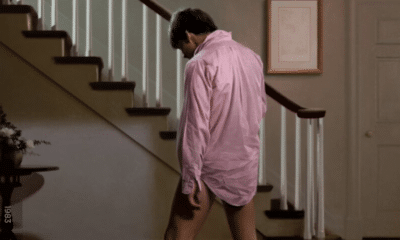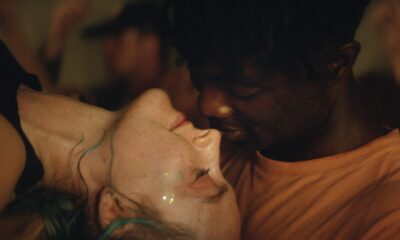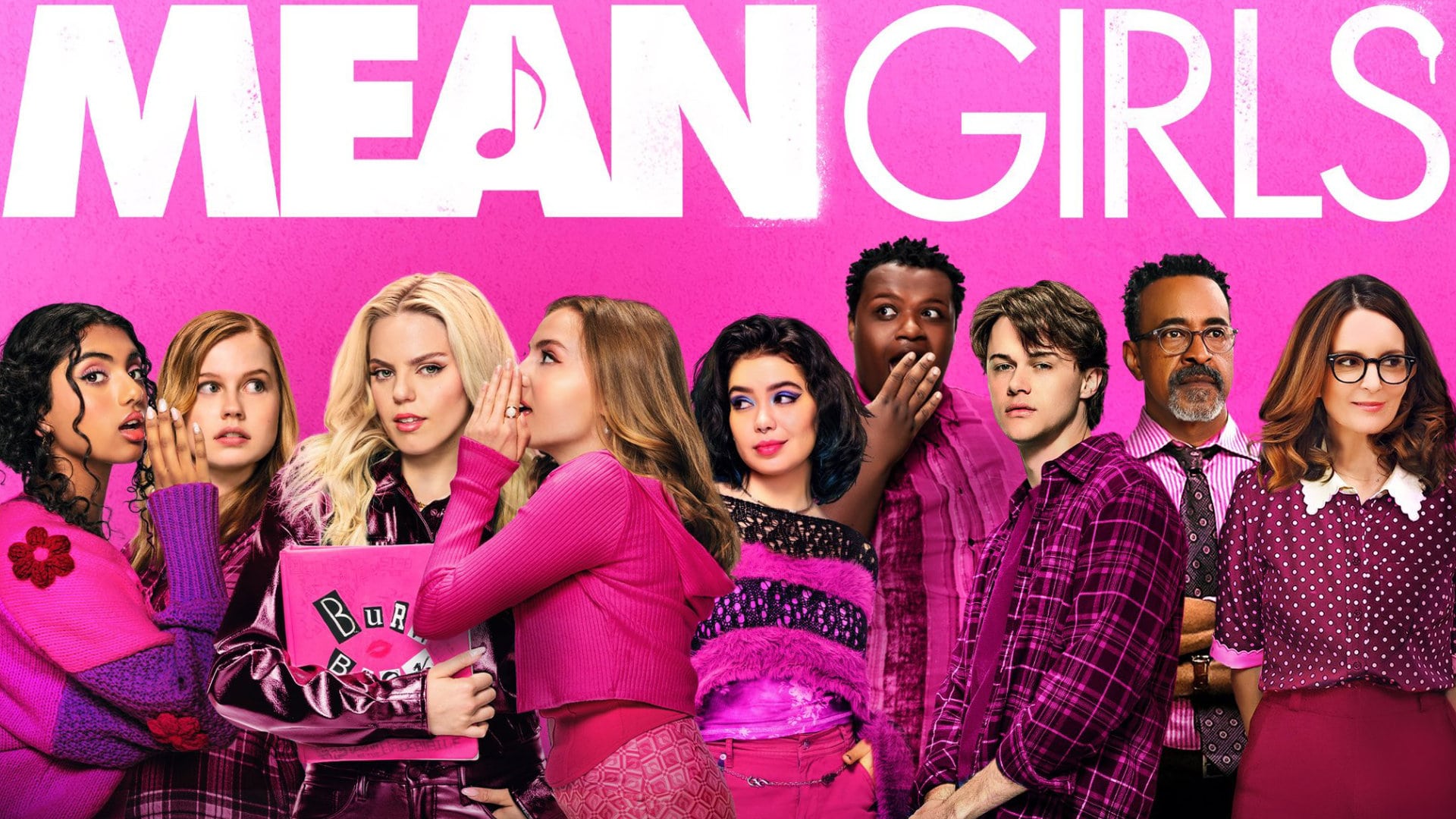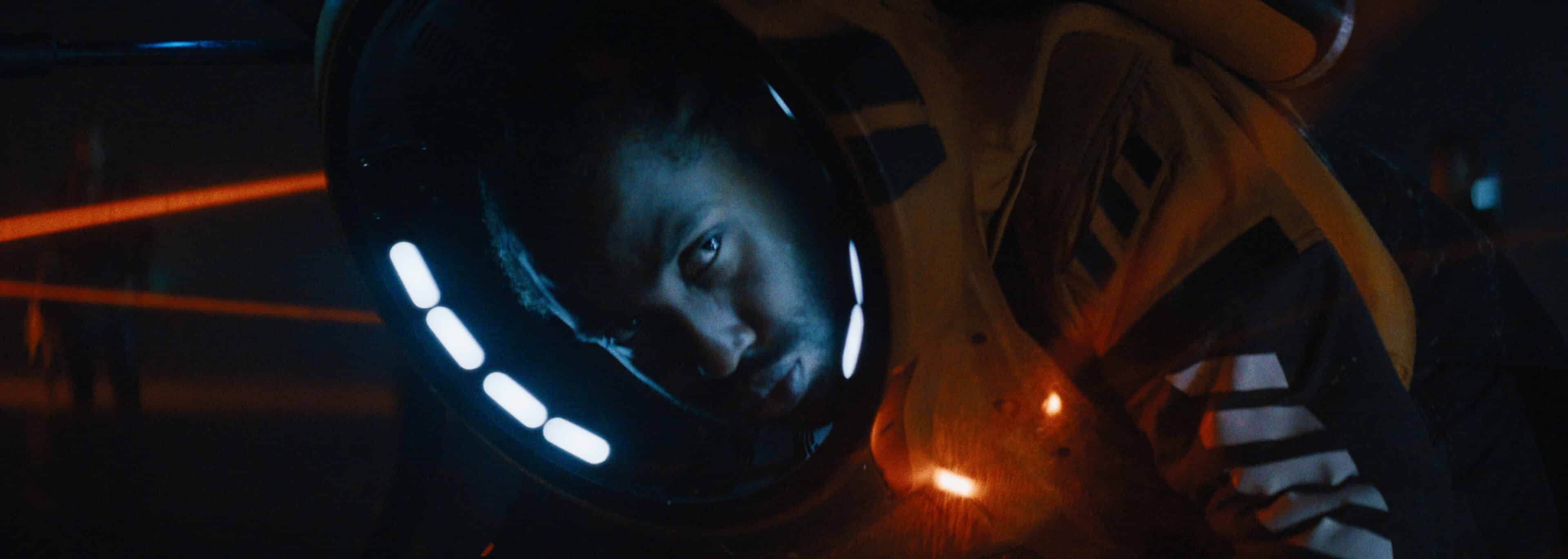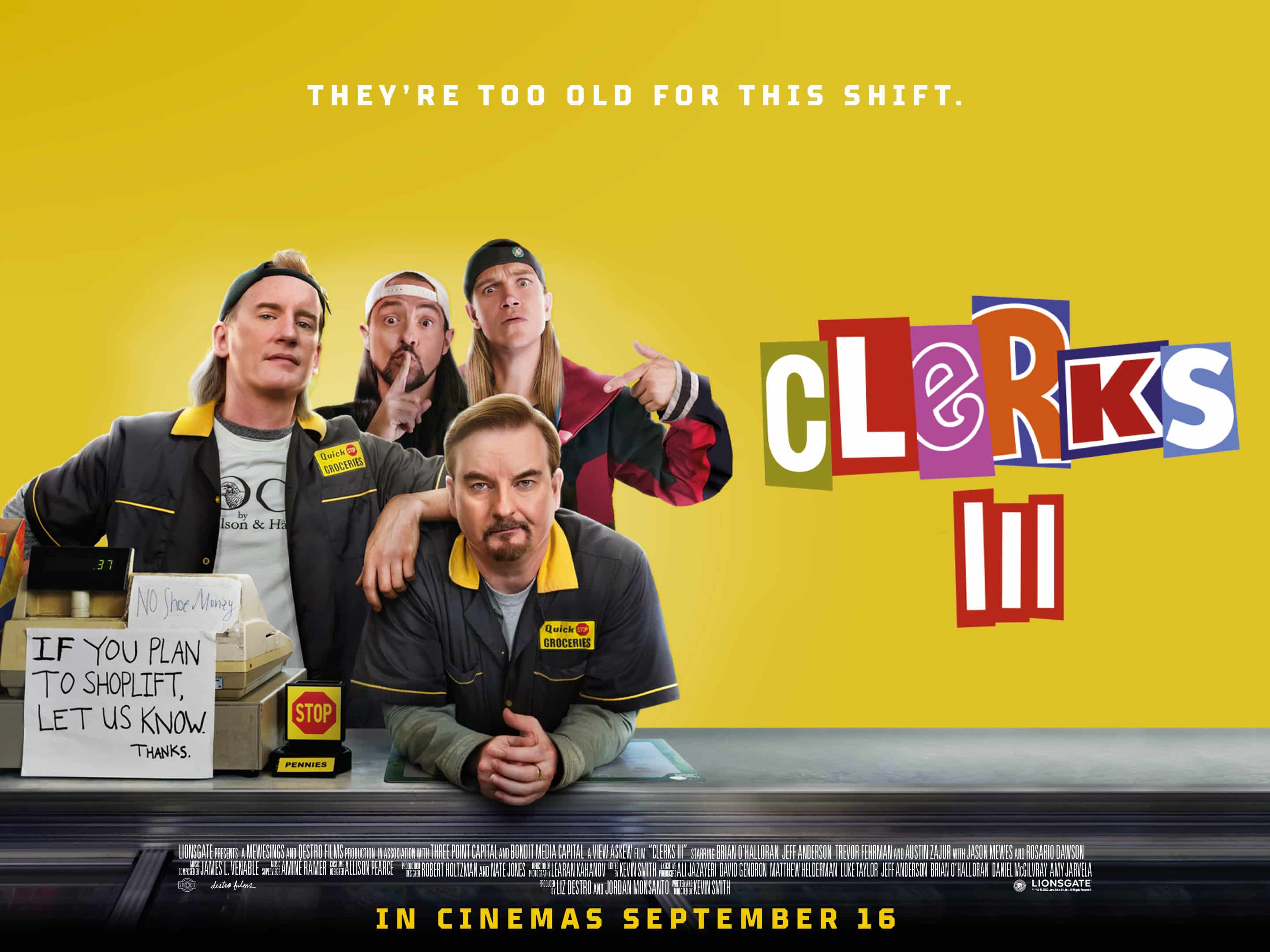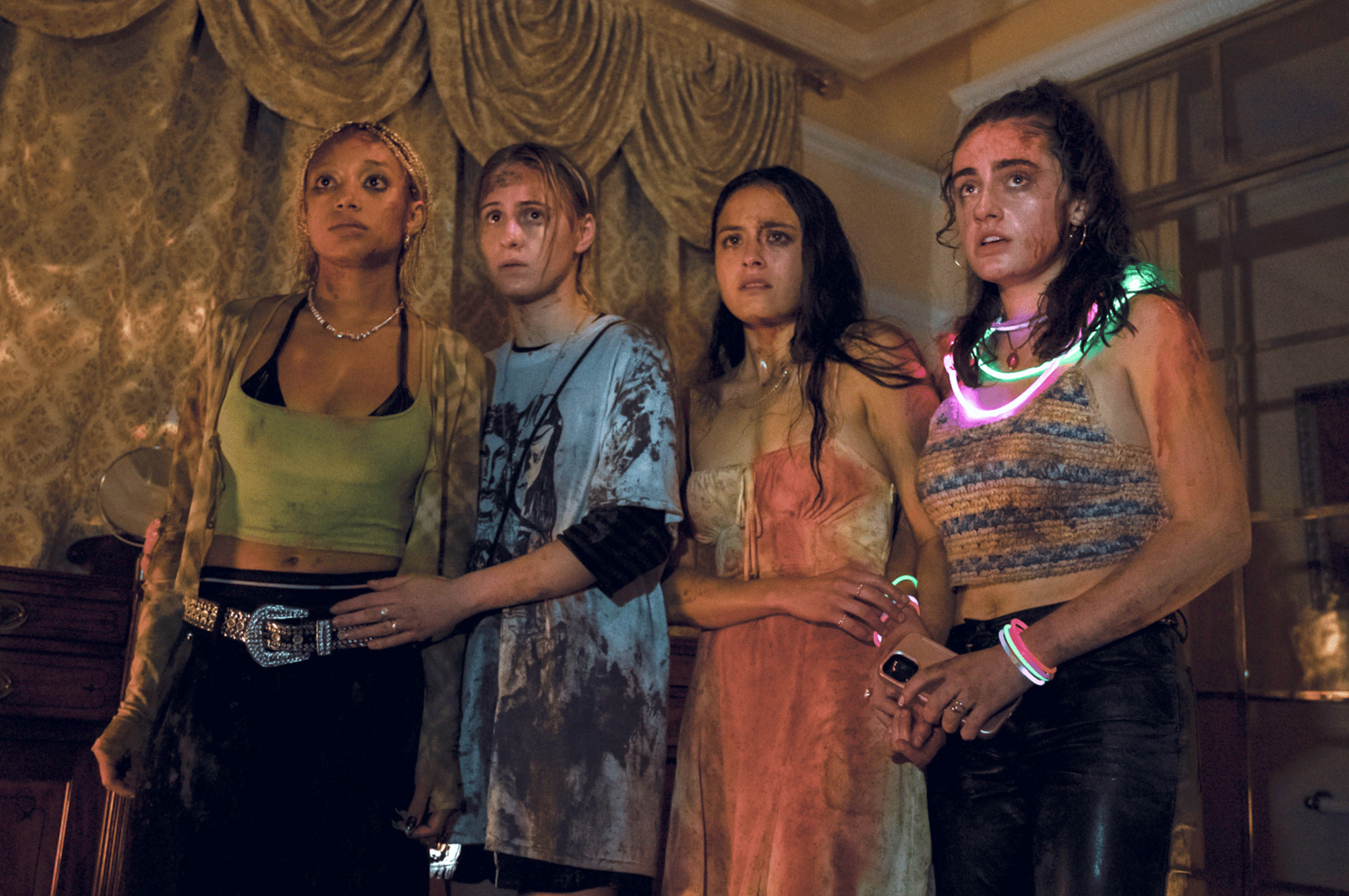Today brings the conclusion to our series of RUSH interviews but worry not, we’ve kept the best for last, as we chat with director Ron Howard. Don’t get too sad though as today being the last interview can only mean one thing, RUSH is almost here for you to enjoy for yourselves.
Ron Howard has been in the industry practically since birth, and started his career as an actor starring in television shows such as The Andy Griffiths Show and more famously Happy Days. Although he hasn’t fully given up his roles in front of camera (most recently he was the narrator for Arrested Development) Howard is now much more famous as director. Unlike many other directors who tend to find their niché genre and stick to it, Howard is more of a chameleon with his back catalogue of work spanning multiple genres. Some of his more famous movies include SPLASH, BACKDRAFT as well as the award-winning films A BEAUTIFUL MIND, FROST/NIXON and APOLLO 13. Howard had also supported his daughter Bryce Dallas Howard as she has now made her name within the industry. THN chatted to him about RUSH, his daughter as well as the current climate and future for the film industry.
What in your opinion do you think James Hunt and Niki Lauda contributed to society?
Sport always works for us more allegorically or metaphorically and that’s what’s fantastic about why we love sports, why we love them. They demonstrate the limits to which a human being can go and they keep pushing the boundaries of that, and [they were] also the first and still most reliable and relevant reality show. So the dramas that play out are creating basically narratives for us to follow, talk about, relate to, compare ourselves to, compare others to. What I think is most compelling ultimately, and maybe the theme to be celebrated about Rush more than anything else as a thematically, is that these guys both exhibited rigorous honesty and they lived by that and neither denied who they were. There was zero hypocrisy, they were very different but they were their own mavericks, and there- I like to say- was no Yoda guiding them to a higher place of enlightenment. They by-God didn’t listen to anyone, they did it their way, but they didn’t pretend [to be] anything different and I think it’s why both men were respected. I think ultimately that is what in a way brings the quality of respectability, or nobility to the way they chose to compete and live their lives.
How unusual was it to tell a story about rivals like Hunt and Lauda where essentially they’re both the hero, with no villain in the story?
I love that about the story and I found it really fascinating and probably a little more journalistic in a way. But I did have friends of mine in Hollywood who privately worried about that for me. I would ask them to read the script and that was their concern. They were not sure where the rooting interest was and you know some of those buzz words you hear about in script development meetings. But that just never shook my confidence for a moment because I felt like it was a survival story and a kind of a story of evolution. Both guys have an idea of what it is they want to be, and they have a burning need beyond the obvious glare of the spotlight; you know they have voids to fill. They want the respect of their families, they want to earn respect themselves, and those things all get established. Like a lot of young men they’re not thinking too much about what the price will be and they push each other, and the rivalry fuels all of that in a very compelling and entertaining way. Peter Morgan writes that kind of thing so well and so truthfully and yet so entertainingly. As they climb the ladder and the altitude, and the air gets thinner and thinner, and the stakes grow higher and higher, it changes them, it weighs on them; they start to pay a price for it. It’s the kind of thing a young man can never quite appreciate. It’s a kind of rites-of-passage story in a way too. I liked [that] it felt it was two very different people, driving each other through a gauntlet that threatened both of them. I thought that if I could have my way I would want the last race to begin and if you don’t really think about the season, you’re just praying one or both of them don’t buy it here in this sequence, you’re just sort of rooting for them to make it through somehow.
Equally to both the characters being seen as the hero, ultimately they both have their unlikeable characteristics. How much was this on your mind in terms of making sure they were guys you could root for?
We had the same note about John Nash, the Russell Crowe character in A Beautiful Mind. Akiva Goldsman, Brian Grazer and I just kinda stuck to our beliefs that if you’re detailed enough about a character, and you offer enough dimension, and the person isn’t a bad person, that the audience will begin to accept the foibles and even be fascinated by them. I felt that way about Rush as well. But you have to also realise this didn’t come through the Hollywood developments; this is Peter Morgan writing a spec script that was rejected by the studios in terms of financing. Undaunted, he began piecing [the film] together as a producer, partners and financing, and because of the setting of Formula One, [it] had just enough traction in the international market to move it forward. Then people were discovering the script and were realising how strong it was and then Paul Greengrass was interested. He ultimately chose to do Captain Phillips, but I know other directors were interested. I raised my hand very quickly but it really was a labour of love, it’s a chance to do something different, it’s a chance to offer audiences something that is hopefully very entertaining and compelling but does not follow the formulas. So there’s something sort of liberating about that. All of the questions you’re raising would have taken/eaten up a little more time probably had it [Rush] been a studio made movie but if those questions were even raised, which maybe they were, it probably added up to somewhere under a minute or even 40 seconds worth of conversation, and part of its appeal.
Do you think that’s worked in the films favour, if it were a real studio movie people would be saying lets make him less of an asshole…
Yeah. Who are we rooting for? There were so many things about this story that [make it work], and I think it [was] an advantage for it as a racing movie if you want to generalise it which I hope people don’t want to do much, but I understand its probably unavoidable you know [e.g.] Grand Prix is fiction, Les Mans is fiction, Days Of Thunder, fiction. So they become kind of action movies in a way, or the fictionalised stories are just there to give a framework to make the racing work. This is inspired by real people, complicated people. Sure in collapsing a story you simplify a few things create some new scenes that embody changes in the characters that might have happened over weeks, but we make it happen in a scene. Those kind of things are what we always have to do, but the big ideas are based on what these guys lived through and what happened. They don’t add up to a conventional Hollywood or typical narrative- I don’t even want to use the word Hollywood- just typical. If it was fiction you just wouldn’t have that last race unfold that way. You probably wouldn’t have the Lauda accident happen where it happens, it would probably happen earlier or something. You know there are just so many things that wound up being an advantage. It surprises the audience; things just don’t unfold as you’d expect them and that was a little bit daunting in the beginning. Which [is why] I can then understand why a studio wouldn’t get behind it. But at the end, even now, a studio is backing it because it works and that’s a calculated risk that works for audiences. Now whether it works for investors or not, we have to wait and see.
Bearing in mind your comments and the fact that I was like ‘oh my God Ron Howard’s making an independent film again’, its been some time and some of the stuff that’s happened with Imagine’s projects, thinking about the ambitions for The Dark Tower stuff. What can you say about the state of the nation of filmmaking in the states at the moment?
Well it really is a function of a kind of technological revolution and whether you’re talking about printing presses or the industrial age, markets shifts, investment strategies must change and audience buying patterns change. So there’s no question that when DVD, which were providing studios a reliable profit margin when that began to shrink and was replaced by downloads well… Their [the studios] job is to turn profit, if the profit evaporates then they have to, as executives who are basically investors and marketers, have to look around and sort of say: ‘what should we be investing in, what can we market?’ And they become more and more conservative about that, but the creative community has rallied round that and reduced their fees. I think Rush would’ve been made by a studio 5 years ago and it would’ve cost a lot more money because all of our agents would have said, ‘well it’s a studio movie so you have to pay that fee.’ It would’ve have just been a different burden in terms of a return on the investment. So those are just all the facts that every studio is facing and the answer is of course, its a challenge, but I think all it does is help define who loves their work enough and the medium enough to make the sacrifices to keep doing what they’re doing. I’m not a very good businessman. If I was really trying to maximise my earning power I wouldn’t jump around and do all these different kind of movies, you know. I would settle in on a brand and develop that, and that would be the cleverest thing to do if you’re just looking at it economically, but I’m enjoying the adventure, the creative adventure of exploring lots of different stories, different tones and styles.
So these new means of distribution, what potential do you see in them creatively?
Well I think it is opening it up to the next generation. My daughter Bryce is just starting to direct a little bit. I’m saying this period of time isn’t great for your bank account but its fantastic for your future as a creative person because while our generation stutters and balks and tries to wonder if its fair or not, your generation gets to say, ‘well look at me, I’ve got a camera, a crew and we don’t need to you know, and we only eat sandwiches, but we’ve got a hell of a story to tell and we want to tell it’ and so its opening the door for more autonomy. More creative freedom. Its also doing another thing, which I think, is what’s sort of happening to television all over the world, but I think its also working for movies as well frankly. And that is particular audiences are becoming more and more important and instead of- the studios still want to make movies for four quadrants because they’re trying to support a huge infrastructure-but if you shrink that infrastructure down its still challenging, very challenging, but you make movies for a particular audience and you narrow your creative focus, you find your audience. The one who’s interested in the song you want to sing, or the story or novel you to write, or the movie you want to make. That’s becoming… You can reach them, you can market to them and if its good enough, and it has to be pretty damn good. But if it’s good enough you can make a living doing it. So there’s a kind of Darwinian thing happening, which is okay by me. I think it’s good for everybody and by the way I don’t know whether this. Look I haven’t seen any of the movie coming out but as a fan I am looking at the movies I am reading about that are supposed to be coming in the next month or two and I am saying ‘man there’s some bold exciting work on the horizon and somebody paid for it.’ It’s just probably in most instances wasn’t one of the major studios.
Obviously there’s been a lot of talk on the internet that the film might have a limited appeal in America because it’s a Formula One film that just immediately turns people off, has it been having limited screenings in New York and LA?
Not for the public but we’ve done test screenings.
How has it gone down?
It plays great; it plays great if they come.
How difficult has it been to get people past the ‘oh that’s just Formula One and that’s European’?
We haven’t screened in so long that at the point we screened there was no publicity. So no one had any idea, and this movie just keeps surprising audiences I think in positive ways. If its Formula One fans they’re pleasantly surprised that the movie is as authentic and offers them the experience that they would have hoped to have had in the movies. If they are dragged there and are skeptical because they don’t like race movies, or sports movies, they’re pleasantly surprised because the acting is strong, the characters are interesting, its emotional and its not overwhelmed by the racing. I worked hard to try and make the racing scenes a kind of natural extension of what the characters are going through which is what I thought they did so successfully in a movie like Gladiator. You could say I don’t like sword and sandal movies but Gladiator was a drama that also had this realistic exciting look at gladiatorial combat. So I think that the way in which we’re successfully surprising audiences is really good news as a director. And the question is will it be too late to make it work on the big screen? Which is really where this movie should be seen. I recognise that a lot of people will just wait and say I’ll check it out later, I get that they’ve got a good TV or they like their cell phone a lot. But this really is, even though it’s a drama, it just begs to be seen in a good theatre with a good sound system.
I was going to ask about sound design, I mean the sound is just so important what can you tell us about it?
Yeah sound is important. We worked; we were as painstaking about it as everything. Because we had the historic Formula One with us from the period our recordist had mics everywhere. I actually did an unusual thing as I asked him to stay with the post-production sound team and keep following to make sure that in our final mix that we were using Ferrari recordings when we were looking at a Ferrari, and that we had the McLaren when it was McLaren. That we were using the transmissions and gearbox sounds; I could see right away that sound is important in that community. People know. Even my very first experience with Formula One which is five or six years before Rush, I actually remember hearing it first, feeling it second before I ever laid eyes on a car. I just felt like that visceral experience was something that we had to go the extra mile to offer audiences.
You talked about the racing extension and the way it dramatically sort of extruding can you think of anything tangible that you or Anthony Dod Mantle did in the staging or in the way that it was executed that really highlights this?
Well it’s really an editorial task ultimately, but Anthony and I needed to make sure we were gathering the materials to give the editors a chance.
Editorial how?
Because it’s all juxtaposition. So a cool shot of an automobile part vibrating is graphic, and Anthony knows how to do those kinds of shots and basically there like epic landscapes you know and they’re cool. A close shot of the eye is powerful, the hands whether they’re strong on the wheel or weak on the wheel, the timing on the gearshift, the foot pedals, the road. That’s what races do, there’s like a relationship between the car, the road, the feet, the hands and the eyes and that’s what its about. So we gather the materials so that at any given moment we can understand how that relationship was changing and how it might be influencing what it is that we’re about to see. The shots have to be good, and they have to be compelling, so instead of doing generic sorts of inserts Anthony realised that you wanted them to be engrossing so that if the car is a character then we have to shoot the car with the same sort of care you would one of your lead actors. If the eye matters, then lets get in there and understand what’s going on. Shots of the hands they’re not just the generic zoomed in shots of the hands you know you’re down there feeling it. So it’s to give all that texture but then its really up to myself and the editors to go in and say alright that great shot of the shock absorbers or suspension system that looks interesting anytime but when does it mean something? Well it means something in terms of a turn he’s about to go into.
So these sequences weren’t storyboarded they were built in the edit?
They were boarded and built in the edit. The other thing was Dan Hanley came on early and took archival footage and basically tried to cut together versions of the scenes with the archival footage. Our thinking there was to try to push as much authenticity into it. So while we had double negative doing the pre-vis’ of shots that would be either CGI shots or just cool in camera action that we would get, we would have the pre-vis that were more cinematic, we had the archival footage which was sort of just authenticity. Then we had my shot list, the script and my simple ideas and ultimately all of these things influenced each other. We shot what we shot and we still had to despite all the planning go to the editing room and ultimately make the final decisions as you always do. Shooting is always gathering raw materials and the editing room is where you tell the story and Daniel and Mike (Hill) did I thought a brilliant job on this movie.
RUSH is released tomorrow (13th Septemeber) in the UK, with the US having to wait an extra week (20th September). I highly recommend everyone take Ron Howard’s sage advice to go see this film at the cinema. In case you’ve missed any of our previous interviews worry not Olivia Wilde, Alexandra Maria Lara and Daneil Brühl‘s are all still available on the site.
Source: THN
Kat Hughes is a UK born film critic and interviewer who has a passion for horror films. An editor for THN, Kat is also a Rotten Tomatoes Approved Critic. She has bylines with Ghouls Magazine, Arrow Video, Film Stories, Certified Forgotten and FILMHOUNDS and has had essays published in home entertainment releases by Vinegar Syndrome and Second Sight. When not writing about horror, Kat hosts micro podcast Movies with Mummy along with her five-year-old daughter.

Latest Posts
-


Film Reviews
/ 7 hours ago‘In The Land Of Saints and Sinners’ review: Dir. Robert Lorenz (2024)
The film is released on Netflix this week.
By Paul Heath -


Home Entertainment
/ 14 hours ago‘Risky Business’ and ‘Blow Out’ are getting the UK Criterion treatment
Risky Business and Blow Out will be released on UK Criterion 4K Blu-ray this...
By Paul Heath -


Film News
/ 14 hours agoRelease date announced for ‘The Outrun’ with Saoirse Ronan
After premiering at this year’s Sundance and the Berlinale in Germany, the UK release...
By Paul Heath -


Apple TV
/ 2 days agoTrailer: André Holland leads Apple’s new limited series, ‘The Big Cigar’
Apple TV+ has released the full trailer for The Big Cigar, a new, six-episode...
By Paul Heath





